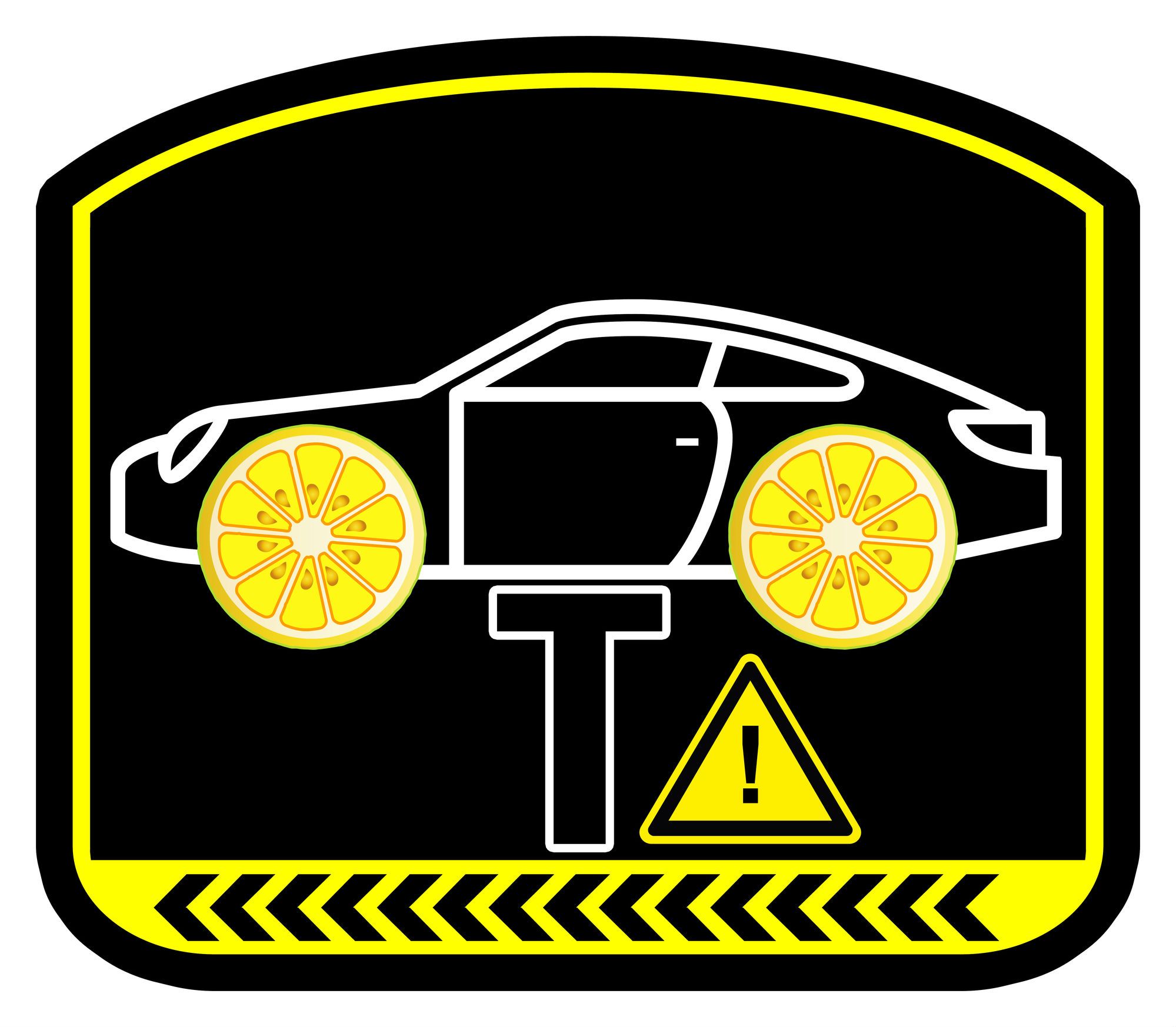Top Class Actions’s website and social media posts use affiliate links. If you make a purchase using such links, we may receive a commission, but it will not result in any additional charges to you. Please review our Affiliate Link Disclosure for more information.
What is a lemon law? If you have purchased a vehicle that suffers from continuous problems that your dealer has been unable to fix, you may have purchased a “lemon,” or a defective vehicle. Vehicles that are still under warranty and have mechanical problems that dealers have been unable to resolve after multiple attempts may be labeled “lemons.” Owners of these vehicles may be able to qualify for assistance under state Lemon Laws.
What is a “Lemon” Vehicle?
In order for a vehicle to be considered a lemon, the vehicle must cause continuous aggravation, or contain a defect that is affecting the value of the vehicle and has been unable to be corrected after multiple attempts. Any type of vehicle may be a lemon, including cars, trucks, vans, SUVs, RVs, boats, motorcycles, and others. Leased and used vehicles may also qualify under Lemon Laws, depending on individual state regulations.
Approximately one percent of new cars sold in the U.S. every year, or around 150,000 vehicles, are lemons. Every state in the United States has a Lemon Law in order to protect consumers who purchase these vehicles. These consumer protection laws allow consumers who have purchased vehicles with unfixable issues to seek a refund or a replacement.
Although the Lemon Laws in each state vary, in general, vehicles may qualify under these laws if they meet several requirements. These vehicles must be under warranty, and the defect or unfixable issue must be covered under that warranty. Generally, defects must also impair the use of the vehicle, affect the vehicle’s safety, or affect the value of the vehicle. The defect must generally have been discovered within a certain time period, or a certain number of miles. Additionally, the vehicle’s owner must have made several attempts to have the issue repaired without success.
Is There a Lemon Law in Texas for Used Cars?
Texas has its own lemon law to help protect customers from unexpected defects. The law covers vehicles which suffered from a “lemon” defect within the first two years of owning the vehicle, or within the first 24,000 miles. Eligible vehicles must be covered by a manufacturer’s written warranty.
Under the Lemon Law in Texas, owners of defective vehicles must allow the manufacturer of the vehicle a reasonable opportunity to repair the defect before applying for reimbursement or replacement under the Lemon Law. This is known as the Four Times Test.
If the defect is a life-threatening or dangerous malfunction, you may only need to take it to the dealership twice in order to qualify under the Lemon Law in Texas.
Texans only have a short period of time to take action under the state’s lemon law. A lemon law complaint must be filed within six months of the earliest of the following events:
- Expiration of the vehicle’s warranty
- 24 months after vehicle purchase
- 24,000 miles after vehicle delivery
In order to take action under Texas’ lemon law, consumers must give manufacturers written notice. Additionally, vehicle owners must also pay a $35 filing fee along with their application. The consumer’s claim will be reviewed by the Texas Department of Motor Vehicles. If the vehicle deems their car a lemon, consumers can seek either a refund or replacement.
If the department comes to a decision the driver isn’t satisfied with, they can file an appeal and even a lawsuit.
What Can I Do If I Have a Lemon?
In order to apply for vehicle reimbursement or replacement under a Lemon Law, you may want to keep all of your receipts and documentation regarding repairs that have been done on your vehicle. This documentation should include the dates and details of these repairs. Issues that may qualify a vehicle for reimbursement or replacement under a Lemon Law may also include more minor issues such as defective paint jobs or terrible smells, or serious and dangerous malfunctions.
Damage from a car accident does not fall under state lemon laws.
 Used “Lemons”
Used “Lemons”
Edmunds explains that there are only six states that have used-car lemon laws. These sets are Connecticut, Massachusetts, Minnesota, New Jersey, New Mexico, and New York. These laws provide drivers with the protection of a statutory used-car warranty.
Other states do have used-car protections, though they differ from those protections in states with lemon laws, and they do not require dealers to provide replacements or refunds for a used car deemed a “lemon.” These states include Pennsylvania, Nevada, New Mexico, Illinois, Maine, Arizona, and Connecticut.
Because there is no specific lemon law in Texas, particularly not one protecting used cars, used car drivers in Texas can turn to federal laws to help protect their interests. These laws can help drivers avoid buying a lemon, or if they do buy a lemon, protect them in the aftermath.
The Federal Trade Commission’s Used Car Rule requires dealers who list five or more vehicles annually to provide a guide for potential buyers that describe the types of repairs that are covered under warranty, as well as the kinds of problems that buyers of used cars may run into.
The Magnuson-Moss Warranty Act is a federal law often known as the Federal Lemon Law. It offers many protections on consumer products and governs warranties; it also provides legal recourse for consumers who purchased a car that consistently fails to live up to its expected performance and standards of quality. It may also offer protections for used cars.
Reportedly, if a car is sold with an express written warranty, a dealer cannot get out of implied warranties by issuing a disclaimer absolving them of responsibilities under the implied warranty. In some cases, the Magnuson-Moss Warranty Act also allows attorney fees to be covered if a driver wins their case.
Hiring a qualified attorney to represent you through your claim may make navigating the legal process easier. An experienced attorney may make it more likely for you to receive compensation or reimbursement for your defective vehicle under the Lemon Law in Texas, or in whichever state you reside.
Join a Free Lemon Law Defective Vehicle Investigation
If you have a defective vehicle that is under warranty and is still not fixed after multiple attempts, you may qualify for help under your state’s Lemon Law.
(Note: Residents of North Carolina do not qualify for this investigation.)
Learn more by filling out the form on this page for a free case evaluation by experienced Lemon Law attorneys or call (877) 289-0615.
ATTORNEY ADVERTISING
Top Class Actions is a Proud Member of the American Bar Association
LEGAL INFORMATION IS NOT LEGAL ADVICE
Top Class Actions Legal Statement
©2008 – 2024 Top Class Actions® LLC
Various Trademarks held by their respective owners
This website is not intended for viewing or usage by European Union citizens.
Get Help – It’s Free
Join a Free Lemon Law Defective Vehicle Investigation
If you qualify, an attorney will contact you to discuss the details of your potential case at no charge to you.
PLEASE NOTE: If you want to participate in this investigation, it is imperative that you reply to the law firm if they call or email you. Failing to do so may result in you not getting signed up as a client or getting you dropped as a client.
Oops! We could not locate your form.


 Used “Lemons”
Used “Lemons”










